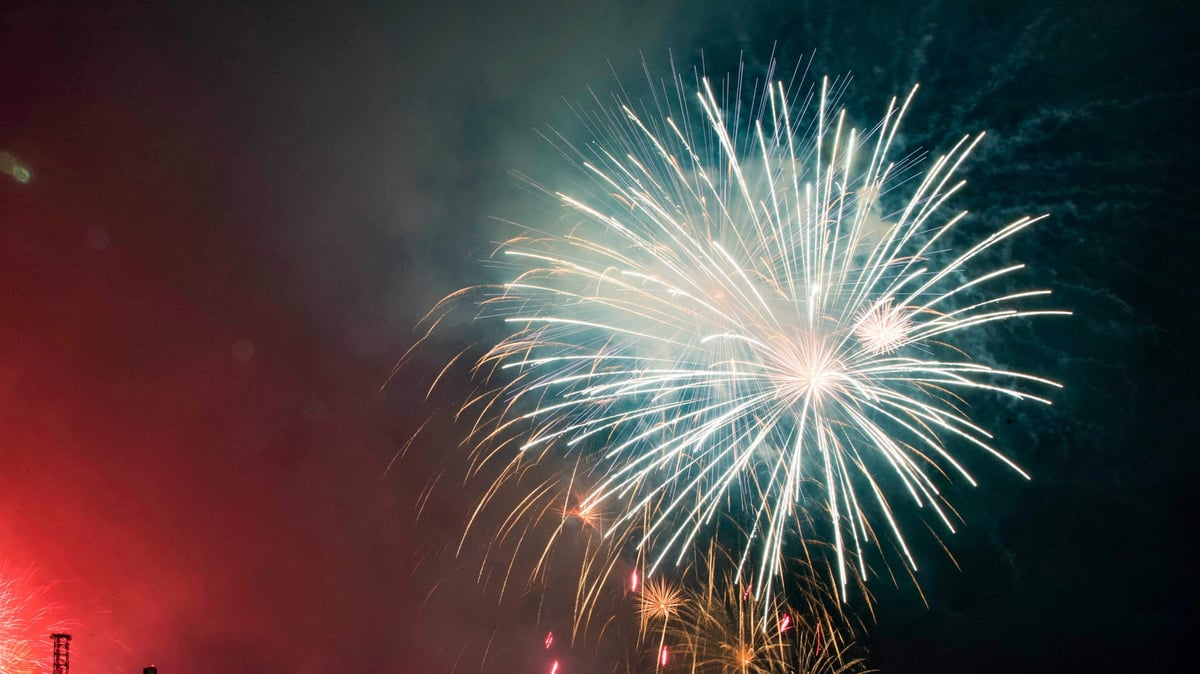We are on the verge of wrapping up yet another year, and like every year, when we tally our books, we will have some disappointments to offset the jubilations, and some gains to balance out the losses. The race to out-party your friends and foes by getting invited to the most exclusive gig in town is on, and for some that experience of real joy will come much after the last drink has been downed, when those likes come pouring in! Resolutions will be made, gym cash registers will ring, and just like last year, only a few will survive beyond the January of conscience.
Bazeecha-e-atfal hai duniya mere aage, Hota hai shab-o-roz tamasha mere aage. The world is but a children’s playground, and each day I witness this drama unfold before me. Sceptical some may say, but few have defined the futility of the human condition as eloquently as Ghalib, arguably the greatest poet of the 19th century, and yesterday, we celebrated his 227th birthday. It is our natural human tendency to seek comfort in familiarity, which this sameness, and if we’re not careful, stagnation thrives on. Effective resolutions come from introspection, and an acceptance of our flaws, for it is only when we are convinced that we need transformation, that anything meaningful will come out of our efforts.
In Ghalib’s words Hum ko maloom hai jannat ki haqeeqat lekin, dil ke khush rakhne ko ‘Ghalib’ yeh khayal achcha hai. We are fully cognisant of reality, but the excuses we concoct are a good ruse to indulge ourselves! Vanity-inspired or herd-mentality fuelled resolutions will only be as durable as the cheap knock-off fairy lights that adorn our holiday decorations, great to look at, but of no real use, not to mention their ecological footprint! India is transforming, and the future will be a synthesis of our ancient heritage and modern thought. He writes Imaan mujhe roke hai, kheeche hai mujhe kufra, Kaba mere peeche hai, kalisa mere aage. We must be prudent not to be held back by dogma, for a bright future beckons.
Spirituality is at the heart of transformation, for it grounds us and provides that all important perspective in life. Ghalib’s work, irreverent and forever challenging the status quo, was a near-perfect synthesis of the Central Asian monotheistic thought, where the Creator and His creation are distinct, and the Indic concept of Advaita Vedanta, where God pervades all of His creations. We are often too taken in by the preciousness of our beings, and these lines, which by the way are also inscribed on his tombstone, are a true representation of the meeting of the streams. Na tha kuch to ḳhuda tha kuch na hota to ḳhuda hota, Duboya mujh ko hone ne na hota main to kya hota. Divinity is the substratum of all existence, it is my identification with this gross body which has shipwrecked the essence of my true being! And on that eye-opening, non-self-important note, wish you a happy new year that brings the transformation you seek!
